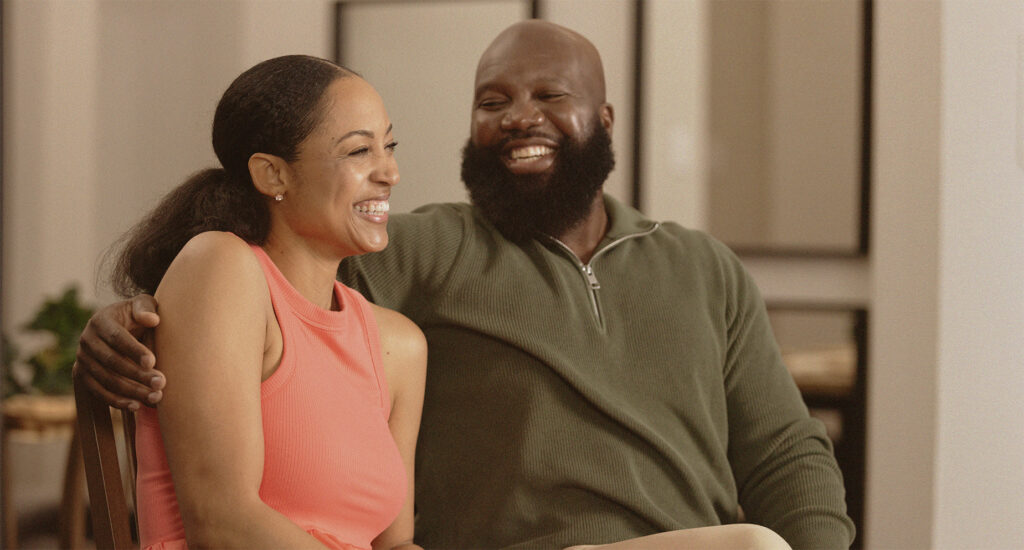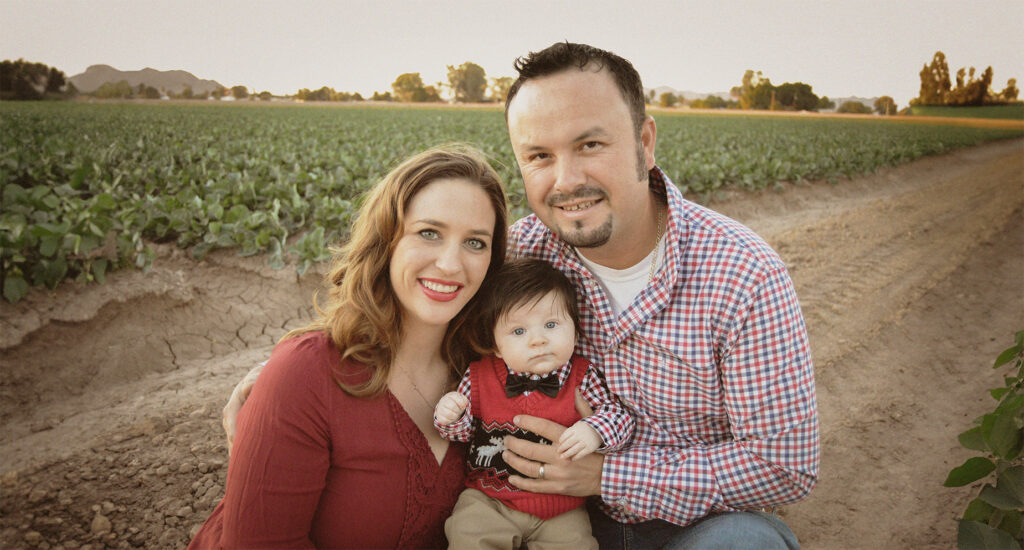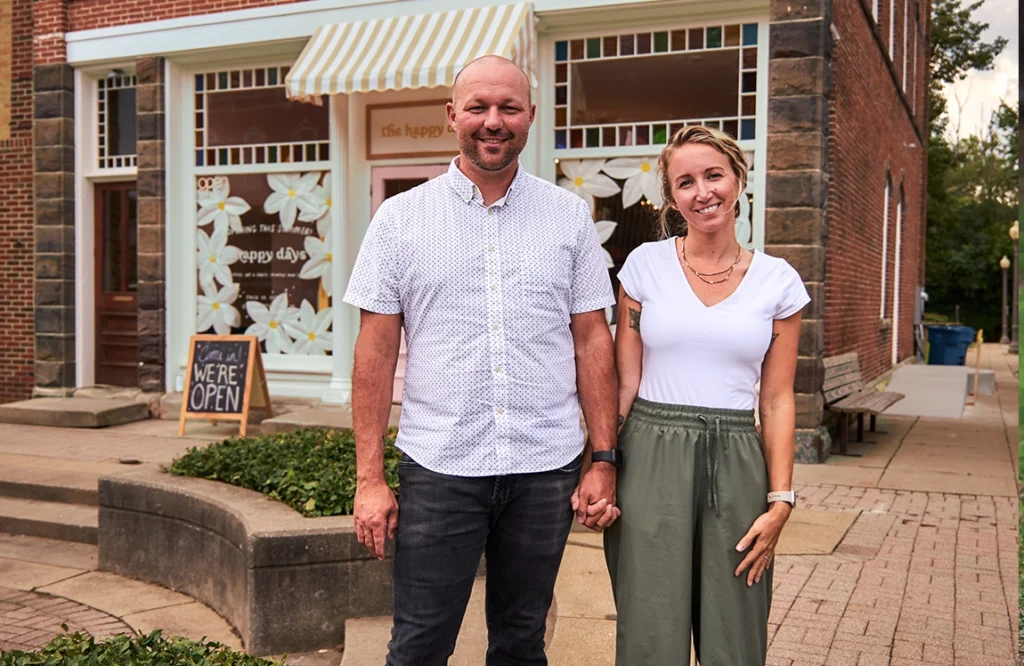All content with Tag: Member Stories
 CHM member, Kristen, is pain free after receiving quality healthcare
CHM member, Kristen, is pain free after receiving quality healthcare10/21/24
Kristen Fister realized she may never play soccer again. She shares, “I had …
Read More Reading Time: 3 minutes
 Hip dysplasia alleviated by quality care made possible by CHM’s Complete Surgical Care Solution
Hip dysplasia alleviated by quality care made possible by CHM’s Complete Surgical Care Solution09/03/24
One day, my daughter, Chloe, said to me, “I can’t do it anymore.” …
Read More Reading Time: 4 minutes
 CHM checked the box for business owners, Sonny and Le
CHM checked the box for business owners, Sonny and Le08/16/24
When small business owners, Le and Sonny Egwuatu, heard about CHM they realized …
Read More Reading Time: 2 minutes
 Shark attack survivor, cites miracles
Shark attack survivor, cites miracles07/01/24
I was told by my surgeon that my shark bite was the largest …
Read More Reading Time: 4 minutes
 CHM member experiences God’s goodness through life-saving cardiac ablation
CHM member experiences God’s goodness through life-saving cardiac ablation06/11/24
When Taylor Hanes was pregnant with her first child, she found out she …
Read More Reading Time: 3 minutes
 Mom and founder of women’s ministry calls CHM a “tremendous blessing”
Mom and founder of women’s ministry calls CHM a “tremendous blessing”05/20/24
Shortly after we joined Christian Healthcare Ministries (CHM), Michael, my husband, got really …
Read More Reading Time: 4 minutes
 Complete Surgical Care Solution was the answer to giving CHM member her life back
Complete Surgical Care Solution was the answer to giving CHM member her life back04/12/24
Jessica Garza had lived with pain for so long, that she couldn’t remember …
Read More Reading Time: 4 minutes
 CHM’s Complete Surgical Care Solution was a game changer for Cheryl Fuller
CHM’s Complete Surgical Care Solution was a game changer for Cheryl Fuller03/18/24
When I fell, we were moving boxes out of a shed. I walked …
Read More Reading Time: 3 minutes
 Electric fence scare, thankful for personalized care with CHM
Electric fence scare, thankful for personalized care with CHM02/28/24
When my husband, Esteban, and I signed up for CHM, I had nearly …
Read More Reading Time: 4 minutes
 Entrepreneurial family says “We're so thankful for CHM”
Entrepreneurial family says “We're so thankful for CHM”07/02/23
Member Story: Michael Widuck, Canton, Ohio Total eligible bills: $62,006 Provider discounts: $22,710 …
Read More Reading Time: 4 minutes
 Mother of triplets says CHM is the "biggest blessing"
Mother of triplets says CHM is the "biggest blessing"07/02/23
Member Story: Cara Chatwin, Utah Total eligible bills: $612,845 Provider discounts: $254,613 Total …
Read More Reading Time: 3 minutes